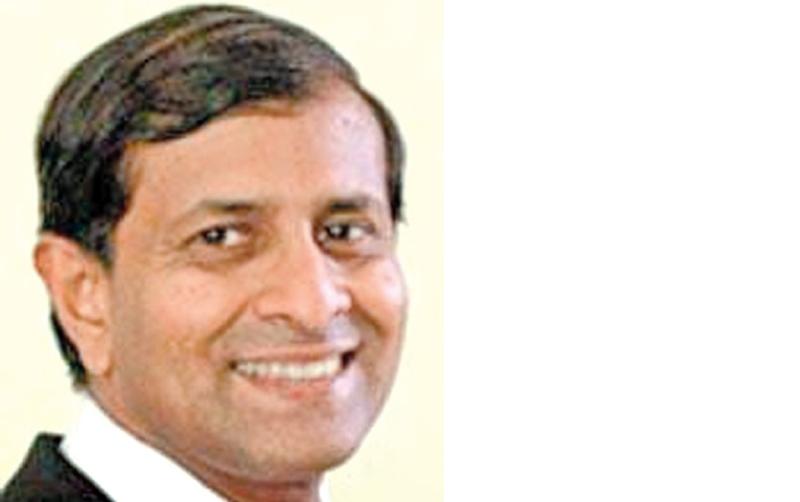
Any moves to renegotiate, renege or leave the Sri Lanka-Singapore Free Trade Agreement (SLSFTA) will have major adverse consequences for Sri Lanka that will go beyond FTAs and include international treaties, a top economist warned on Friday.
Addressing a panel discussion, the Chair of the Global Economy Programme at the Lakshman Kadirgamar Institute, Dr. Ganeshan Wignaraja said that it will be detrimental to Sri Lanka’s economic interest because no other country would want to sign a FTA with Sri Lanka in the future as it is now a legally binding document between the governments of the two countries.
“That adverse impact would not only be limited to FTAs but stretch to all the other international treaties where the interpretation would be that Sri Lanka’s word is not worthwhile,” Dr. Wignaraja cautioned.
Meanwhile, expressing similar sentiments earlier in the week, Special Negotiator at the Office of Trade Negotiations, Department of Foreign Affairs and Trade (DFAT), Australia, Elizabeth Ward warned that the island while facing reputational damage, would also witness major foreign investment outflows if the country decided to leave the SLSFTA.
“Can you roll back an FTA? The damage to Sri Lanka’s reputation would be so bad in international arena, that there would be capital flight from the country and ramifications on the services coming to this country,” the official who is negotiating a free trade deal with Hong Kong, said at a roundtable organized by the Lakshman Kadiragamar Institute and the Asia Foundation.
Noting that Singapore-Sri Lanka FTA is a good agreement, Ward, who is the chief negotiator for Australia in the Australia-Hong Kong Free Trade Agreement negotiations, launched in May 2017, emphasised that the Sri Lankan government has to communicate the benefits of an FTA to the people more effectively following the example of Australia.
“One of the things we’ve learned is that you need to have champions in community who can explain the value of liberalising trade to the community in the terms of the community, or it will be hard to maintain dialogue”.
“If the government is not out there saying we’re going to do this deal, and this is why it’s a good deal for Sri Lanka, then there will be groups of people out there saying something else,” Ward pointed out.
The Foreign Policy roundtable titled ‘Managing Effective Trade – Sri Lanka and International Experiences’ also featured, Professor of Economics at the University of Colombo, Prof. Sirimal Abeyratne and Senior Research Fellow and Research Lead (Trade and Economic Policy) of the Institute of South Asian Studies (ISAS) National University of Singapore, Dr. Amitendu Palit.
From 2014 to early 2017, Ward was Australia’s Chief Negotiator in the Trans-Pacific Partnership Agreement negotiation, and from 2012-2014 the Deputy Chief Negotiator. From 2010-2014 she over-sighted Australian negotiations on the WTO Trade Facilitation Agreement, and the ITA extension, as well as work on technical barriers to trade. From 2007 to late 2010 she was Minister-Counsellor for Trade Policy in the Australian Embassy, Washington DC.
